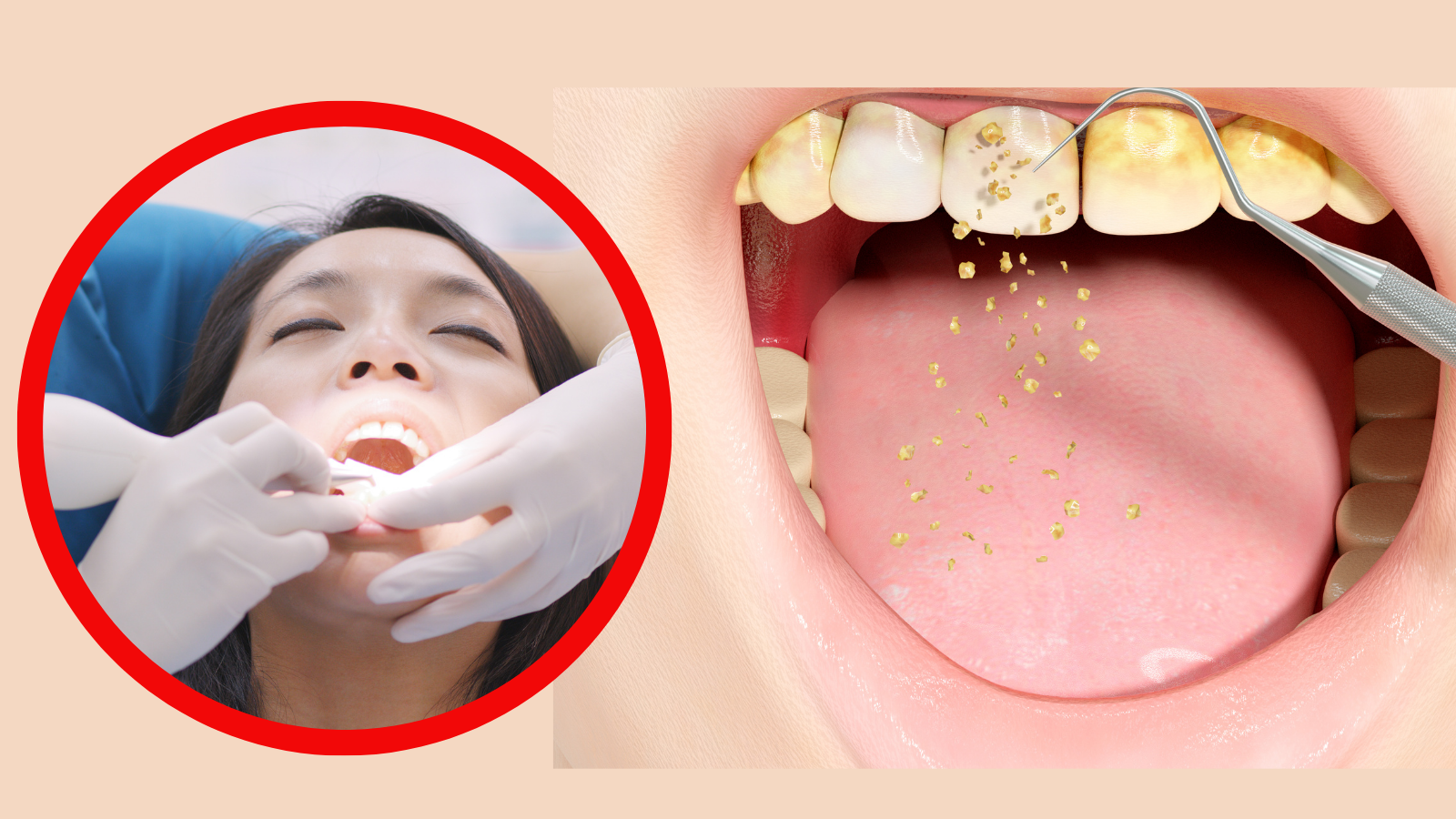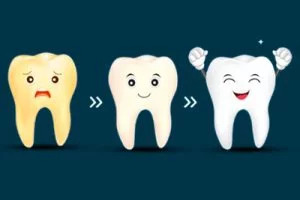Dental implants have revolutionized modern dentistry, offering a long-lasting and natural-looking solution for replacing missing teeth. While the procedure is highly effective, proper aftercare is crucial to ensure the success and longevity of your new smile. This comprehensive guide will walk you through everything you need to know about post-implant care, from the immediate recovery phase to maintaining your implants for years to come.
Understanding Dental Implants
Before diving into aftercare, it’s essential to understand what dental implants are. A dental implant consists of three main components:
- Titanium Post: Surgically placed in the jawbone, this acts as the root of the artificial tooth.
- Abutment: Connects the titanium post to the prosthetic tooth.
- Crown: The visible part of the tooth, designed to mimic the appearance and function of a natural tooth.
Dental implants require a healing process called osseointegration, where the titanium post fuses with the jawbone, ensuring a secure foundation. Proper aftercare significantly influences this process and the overall success of the implant.

The Immediate Post-Procedure Phase
1. Recovery from Surgery
The first 48 hours after surgery are critical. Here’s what to expect and how to care for yourself:
- Bleeding: Slight bleeding is normal. Bite gently on gauze pads to control it, replacing them as needed. Avoid rinsing or spitting forcefully.
- Swelling: Apply an ice pack on the outside of your cheek in 15-minute intervals to reduce swelling.
- Pain Management: Use prescribed or over-the-counter pain relievers as recommended by your dentist. Avoid aspirin, as it can increase bleeding.
2. Diet Adjustments
Eating and drinking require special attention during the initial recovery period:
- Stick to soft foods like yogurt, mashed potatoes, or smoothies. Avoid hard, crunchy, or sticky foods.
- Stay hydrated, but avoid using straws, as the suction can dislodge blood clots.
- Avoid hot beverages and alcohol for at least 48 hours.
Oral Hygiene After Dental Implants
Maintaining good oral hygiene is paramount for preventing infection and ensuring the longevity of your dental implants. Here’s how to adapt your routine:
1. Gentle Brushing
- Use a soft-bristled toothbrush to clean your teeth and implants.
- Avoid the surgical site for the first few days but keep the rest of your mouth clean to prevent plaque buildup.
2. Rinsing with Care
- Use a dentist-recommended antimicrobial mouthwash.
- Avoid vigorous rinsing; instead, swish the liquid gently to prevent disturbing the implant site.
3. Flossing
- Once cleared by your dentist, incorporate flossing into your routine.
- Use implant-friendly floss or interdental brushes designed to clean around implants without causing damage.

Lifestyle Adjustments for Optimal Healing
1. Avoid Smoking and Alcohol
Both smoking and alcohol can delay healing and increase the risk of implant failure. Smokers are particularly prone to complications due to reduced blood flow and healing capacity in the gums.
2. Be Cautious with Physical Activity
While light activity is fine, avoid strenuous exercise for the first week, as it can increase swelling and bleeding.
3. Mind Your Medications
Take all prescribed antibiotics as directed to prevent infections. Discuss any other medications you’re taking with your dentist to avoid potential interactions.
The Long-Term Aftercare Plan
Once your implants have healed, maintaining them becomes a part of your daily routine. Here’s how to keep your smile healthy and vibrant for years to come:
1. Consistent Oral Hygiene
- Brush at least twice a day using non-abrasive toothpaste.
- Floss daily to remove food particles and plaque.
- Use a water flosser for an extra level of cleaning, especially if you have multiple implants.
2. Regular Dental Check-Ups
- Visit your dentist every six months for professional cleanings and check-ups.
- Your dentist will monitor the condition of your implants and surrounding tissue to address any issues early.
3. Protect Against Damage
- Avoid biting into hard objects like ice, pens, or fingernails, as they can damage the crown or loosen the implant.
- If you grind your teeth, consider wearing a nightguard to protect your implants.

Common Concerns and Troubleshooting Tips
1. Discomfort or Pain
Mild discomfort is normal during healing, but prolonged or severe pain could indicate an issue. Contact your dentist if pain persists beyond the expected recovery period.
2. Gum Health
Healthy gums are vital for implant stability. Signs of gum disease, such as redness, swelling, or bleeding, should prompt an immediate visit to your dentist.
3. Loose Implants
If your implant feels loose, it may not have integrated correctly with the bone. Seek professional advice immediately to address the problem.
FAQs About Dental Implant Aftercare
Q1. When can I resume my normal diet after implant surgery?
You can gradually reintroduce your regular diet after about 10-14 days, depending on your dentist’s guidance and how well you heal.
Q2. How long does it take for dental implants to heal?
Osseointegration typically takes 3-6 months, but you can resume normal activities after the initial recovery period of 1-2 weeks.
Q3. What if my implant gets infected?
An infected implant, known as peri-implantitis, requires immediate treatment. Your dentist may clean the site, prescribe antibiotics, or perform additional procedures to save the implant.
Q4. Can I use regular toothpaste and brushes on my implants?
Yes, but opt for non-abrasive toothpaste and a soft-bristled brush to avoid scratching the implant surface.
Q5. Are dental implants permanent?
While implants are designed to last a lifetime, their success depends on proper care and regular dental visits.

Promoting Your New Smile
At Smile Signature, we specialize in ensuring that every patient enjoys a seamless dental implant experience from consultation to aftercare. Our dedicated team provides personalized guidance and support to help you maintain your implants and oral health.
Ready to embark on your journey to a healthier, brighter smile? Contact us today to schedule a consultation and discover how dental implants can transform your life.
Final Thoughts
Dental implants are a significant investment in your oral health and confidence. With the right aftercare routine, you can enjoy a flawless smile that lasts a lifetime. By following this ultimate guide and partnering with a trusted dental professional, you’ll ensure the success of your implants and maintain optimal oral health.
Make your new smile a part of your daily routine—because every day deserves to start with confidence! Contact Us Today!

